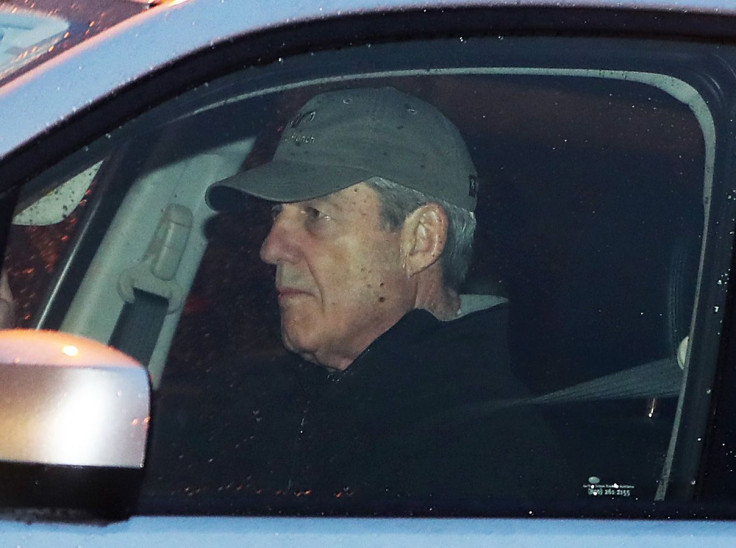Mueller Report Released: Russia Interference Report Submitted To DOJ But What Happens Next?

It took more than a year and 10 months but Special Counsel Robert S. Mueller III has presented his much-anticipated final report to the Department of Justice. Now the public awaits answers to possible conspiracy charges between President Trump’s campaign and Russia in the 2016 election.
Mueller on Friday turned over the report to the deputy attorney general’s office, which then turned it over to Attorney General William Barr.
In a letter to the House and Senate Committees on the Judiciary, Barr wrote that he intends "to consult with Deputy Attorney [Rod] Rosenstein and Special Counsel Mueller to determine what other information from the report can be released to Congress and the public consistent with the law."
White House press secretary Sarah Huckabee Sanders posted on Twitter that the White House has not been briefed on the special counsel’s report. Trump told reporters Wednesday that he wanted Mueller’s report made public.
Barr in the coming days could release Mueller's "principal conclusions," or a summary, to Congress.
But Rep. Jerrold Nadler, the chair of the House Judiciary Committee, has been adamant that the committee would be willing to subpoena the report.
Rep. Adam Schiff, who chairs the House Intelligence Committee, told CNN on Friday that the committee could call Mueller and others to testify.
The report appears to signal that Mueller has no new indictments. Mueller indicted 34 individuals, which include six former Trump advisers, one California man, one London-based Dutch lawyer, 26 Russian nationals and three Russian companies on charges that include computer hacking and financial crimes.
But the release of the report will likely not end the inquiry, as Democrats are expected to request access to evidence from the special counsel's work.
"I think what we know so far is that this report is going to deal with the decisions to prosecute certain people and the decisions not to prosecute others, why the special counsel felt the evidence was sufficient as to some, but not as to others," Schiff said in a phone interview Friday with "PBS NewsHour."
"The important point here, though, is, this focuses predominantly on the criminal investigation. But this investigation began as a counterintelligence investigation. And that may be the far more significant side of the House, because that goes to the question of whether the president or anyone around him has been acting, either wittingly or unwittingly, as an agent of a foreign power."
Schiff also pointed out that while there won't be additional special counsel indictments, there may be indictments from the Justice Department or the Southern District of New York. Mueller has shared information with the U.S. attorney’s offices in New York, Virginia and Washington.
"I think it's very possible given the number of redactions in the Mueller pleadings that suggest other investigations that are still ongoing," Schiff said.
Nadler issued a press release Monday about the House Judiciary Committee's request from "81 individuals, agencies, and entities requesting documents pertaining to the Committee's ongoing investigation into public corruption, obstruction of justice, and abuse of power by President Trump, his associates, and members of his Administration."
Meanwhile, new details may emerge from the November trial of longtime Trump adviser Roger Stone, who was indicted in January for making false statements about his communications with WikiLeaks, which in July 2016 made public stolen emails from the Democratic National Committee. While WikiLeaks founder Julian Assange denied Russia's involvement, Mueller in July indicted 12 Russian military intelligence agents responsible for the hack.
© Copyright IBTimes 2024. All rights reserved.






















